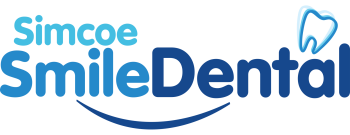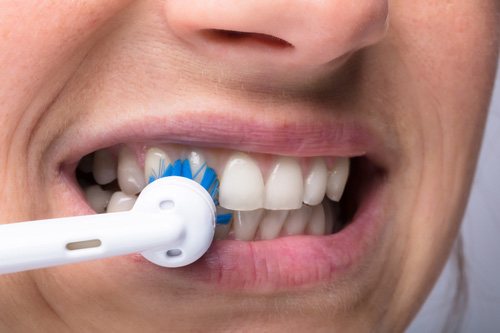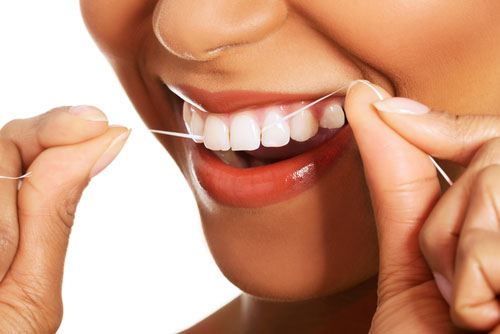There are several misconceptions surrounding dental procedures, preventive measures, treatment, and oral health care. These beliefs may not make logical sense but if you were raised to regard these ideas as fact, you could readily accept them without questioning.
Some “old wives’ tales” are charming and harmless, but some concepts can be harmful to your health. Mouth care is essential for your general well-being, and knowledge is power. Read up on these myths about oral health and be all the wiser:
“Dental problems remain in the mouth.”
Your dental health can have ripple effects throughout your body because everything is interconnected. Put simply, your mouth is the window through which a medical expert can see the state of your physical health. When you take care of your teeth, you help take care of your entire body. Poor dental health can invite systemic diseases like heart disease, diabetes, respiratory disease, osteoporosis, and rheumatoid arthritis. Safeguarding your teeth is simple. With frequent cleaning (brushing and flossing, and twice-a-year professional cleanings/checkups) drinking plenty of water, and healthy eating habits, you can ward off health problems. There are however, dental problems you should never ignore.
“Medications have no impact on oral health.”
Remember that the mouth is one of the most sensitive parts of the body; anything can impair its balance. Prescription medication, in particular, can negatively affect oral health as this causes dryness in the mouth. A dry mouth is a likely breeding ground for bacteria. There are at least 1,800 commonly prescribed medications that list dry mouth as one of their side effects. These drugs include Atropine and Scopolamine, antidepressants, opioids, anti-reflux drugs, and Cannabinoids. Dry mouth can be remedied by drinking fresh water. You can also ask your dentist for other practical solutions to increase saliva production.
“Fruit juice is healthy.”
While fruit juice is certainly packed with vitamins that are good for the body, it is also an abundant source of natural sugars that can harm teeth. These sugars turn into plaque, stick to tooth enamel, and may wear away the surface of teeth or cause cavities. To enjoy the benefits juice without damage, limit your intake. You can also restrict drinking to mealtimes so it blends with food and doesn’t directly wash over your teeth. You can also rinse with water immediately after drinking sugary beverages. For example, if you want to drink pure orange juice in the morning, be sure to eat breakfast. Resist the urge to drink juice without pairing it with food.
“Men and women have the same dental needs.”
Men and women both require frequent brushing and flossing, regular dental checkups, and healthy eating habits and lifestyle. However, women are at a higher risk of developing dental caries (decay and crumbling of the tooth) than men. Women are also more likely to develop oral health problems like gingivitis. This is because hormonal fluctuation (increase in progesterone levels) increases susceptibility to dental infections, especially during menstruation and pregnancy. This biological activity doesn’t have to be a source of worry as long as you take care of your teeth and gums and eat a balanced diet.
Check in with a trusted dentist who can dispel any myths about your oral health — schedule a checkup, ask questions, and learn the truth behind these myths.
For a reliable Oshawa dentist that’s only a call away, contact Simcoe Smile Dental at (289) 312-1482.
References
- Webmd – Oral Health Affects Wellness. https://www.webmd.com/oral-health/features/oral-health-affects-wellness
- Oracoat – Drugs with dry mouth side effects. https://www.oracoat.com/drugs-with-dry-mouth-side-effects
- National Institute of Health – Explaining Gender Differences in Caries: A Multifactorial Approach to a Multifactorial Disease. Maria Ferraro and Alexandre R. Vieira. Int J Dent. 2010; 2010: 649643.
- WebMD – Hormones and Oral Health. Medically Reviewed by Evan Frisbee, DMD on October 31, 2021.



